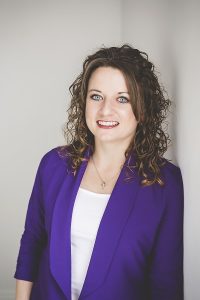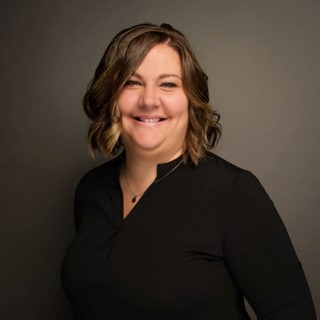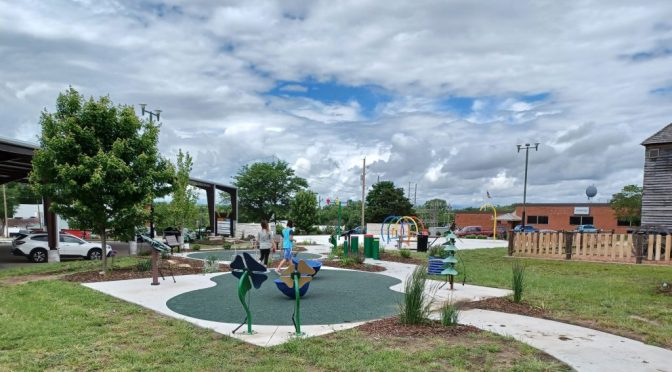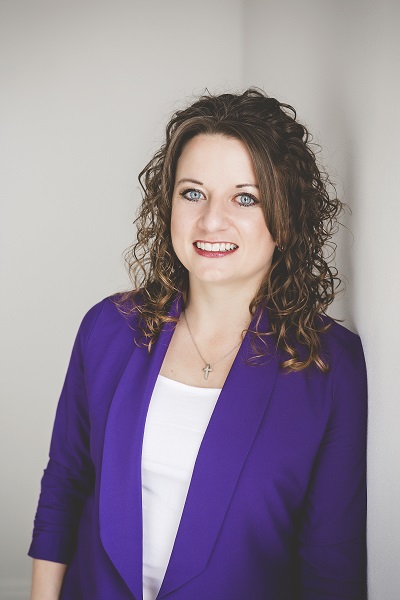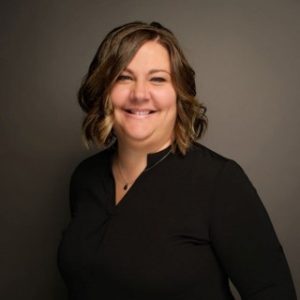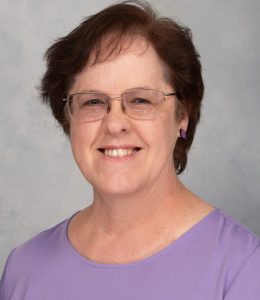
Healthy and Easy Family Meal Preparation
In today’s fast-paced world, finding time to prepare and enjoy home-cooked meals can be challenging. Hectic schedules and after-school activities can lead to families scrambling to find something to eat. However, having some meals prepared ahead of time or cooking at home offers numerous benefits. It promotes better nutrition, saves money, reduces stress, and strengthens family bonds. With a little planning, practice, and strategy, preparing healthy meals at home can become a manageable and enjoyable experience.
Research shows that eating at home results in increased intake of fruits and vegetables and a decreased rate of depression and violence in adolescents. Overall, there is an increase in well-
being for adolescents.
Planning healthy meals doesn’t have to be overwhelming; taking small steps can lead to manageable changes that improve the health and well-being of family members. Creating a meal plan for the week can assist in this process. Slow cooker meals, healthy grab-and-go options (such as homemade freezer burritos), or planning a night for leftovers can significantly reduce cooking time each night.
Keeping a well-stocked pantry increases the likelihood of cooking as the items will already be on hand. Consider keeping these foods stocked: fruits and vegetables (fresh, frozen, or canned), protein like canned salmon, chicken, fresh or frozen meat, and grains such as brown rice or whole wheat pasta.
Grocery shopping with a plan can save time and money. Creating a meal plan based on the store sales that week and writing a shopping list in order of the store layout can prove helpful.
Meal prepping: Consider cooking a large batch of protein such as chicken, beef or fish or other staples like rice or beans. Preparing the main meal ingredients ahead of time to utilize throughout the week will save time each night. Also, chopping vegetables and fruit ahead of time to store in the refrigerator and freezer to utilize throughout the week can reduce time prepping evening meals.
One pot and sheet pan meals are an excellent way to reduce time and the number of dishes to wash. Many families use slow cookers, rice cookers or electric pressure cookers to save time in the kitchen.
Being able to share a warm, healthy meal with family members and sit down at the table together can help strengthen relationships. Parents might want to ask open-ended questions such as “What
made you happy at school today?” or “Did you notice anyone helping someone today?” instead of “How was school”?
For those interested in more tips, K-State Extension has a new program entitled “Healthy Connections: Family Meals in a Snap” that can be presented to groups in the Southwind Extension District (Allen, Bourbon, Neosho, Woodson Counties) by Sandy Haggard, Nutrition, Food Safety, and Health Agent. Contact her at [email protected] or 620.365.2242.

